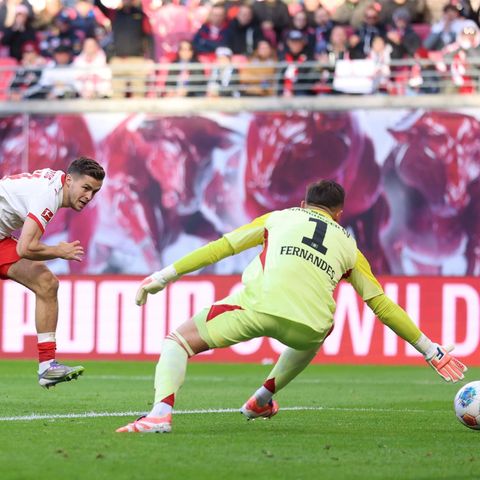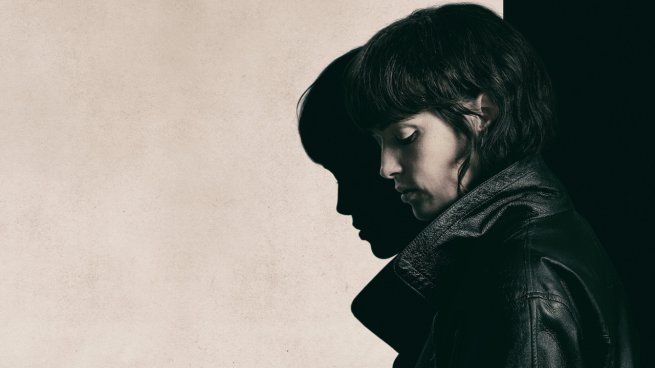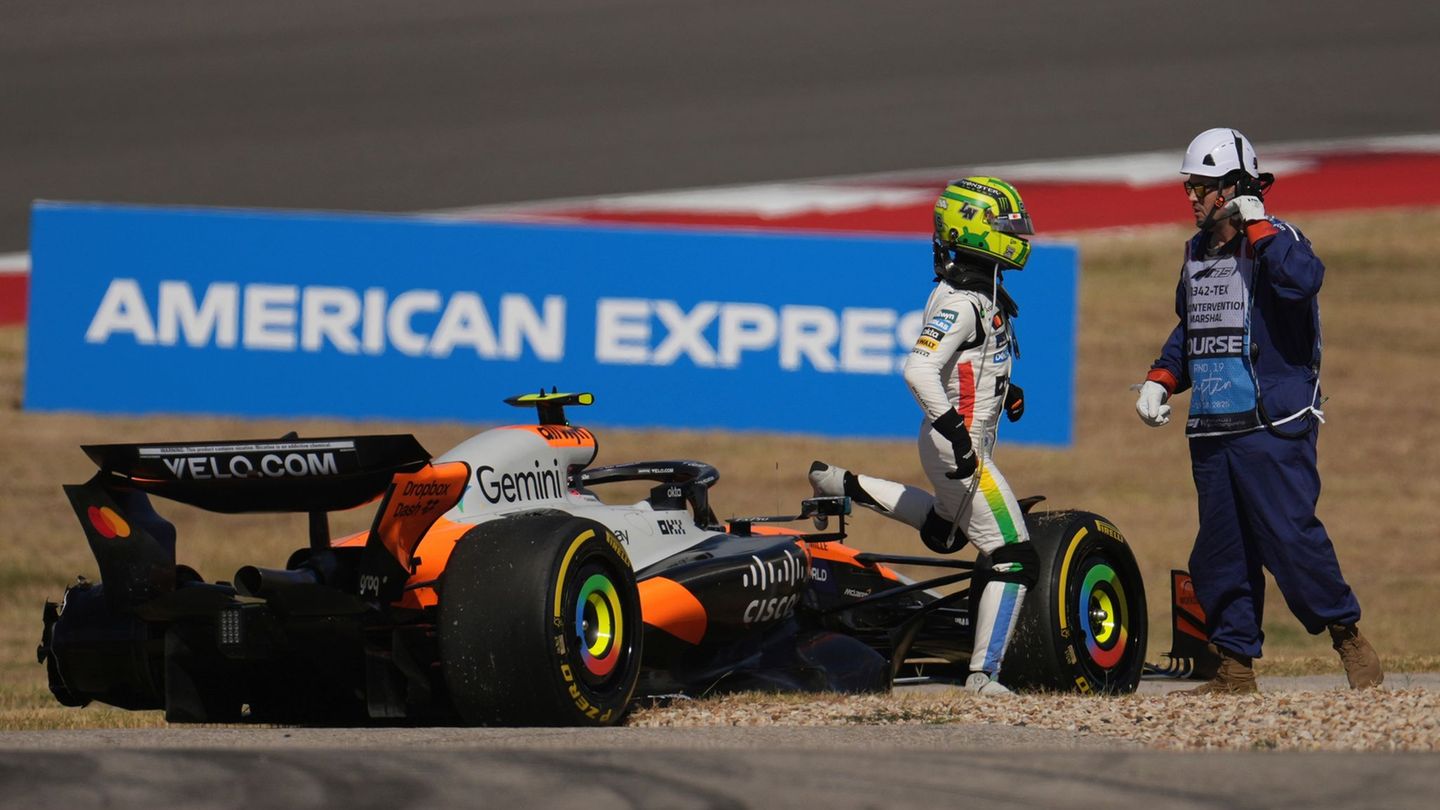There is no openly gay football professional in Germany. The expectations of the planned group coming out are all the greater. The initiator dampens his hopes – but is still satisfied.
Marcus Urban firmly believes in it. A game in the Bundesliga, after the final whistle the players celebrate the victory with their families – and one of them hugs his husband.
“That would be total joy, a bit of healing for me, a liberation for many people,” Urban told ARD about his dream. But what has long been normal in many areas in Germany is still considered difficult to imagine in professional football.
Urban wants to change that. For this Friday – World Day Against Homophobia – the 53-year-old has planned a group coming out of gay footballers. Since the announcement a few months ago, expectations have been high. But now doubts are also growing. “Active professional footballers are still holding back,” Urban told the magazine “Stern”. He does not have direct contact with gay professional footballers. “Nobody dares to leave cover.”
And not everyone is completely convinced by the campaign. “We think this is a double-edged sword,” said the Queer Football Fan Clubs (QFF) network at the request of the German Press Agency. “Coming out is always a very personal matter that can hardly be organized in a concerted manner.” The network of European gay and lesbian fan clubs considers the date before the last Bundesliga matchday to be “rather unfavorable”.
Climate is changing
Christian Rudolph, the head of the contact point for gender and sexual diversity at the German Football Association, would like to look at the entire sport instead of concentrating on professional football. “I think it’s a shame that it’s still necessary to talk about it and that unfortunately it’s not yet a given in sport,” he told the dpa.
For former youth national player Urban, his “Sports Free” campaign will be a success even if no active football professional makes his homosexuality public on Friday. “Above all, it’s about the culture and the climate in competitive sports,” he said. Something has changed, many Bundesliga clubs supported the project. “Something big is happening right now.”
But why do footballers in Germany hesitate despite the public approval and support from clubs? “It’s not just a problem in professional football, but also in other areas of society,” said former national player Thomas Hitzlsperger to the dpa at the beginning of the year. It has now been ten years since he came out after his active career. “It’s still a problem for many people when you deviate from the social norm,” said the 42-year-old.
This assessment is also supported by a current survey by the opinion research institute YouGov. 46 percent of those interested in football in Germany continue to see homophobia in professional football as a serious problem. “We think that society would be ready, at least in Germany and large parts of Europe, but that is certainly not the case everywhere. A lot of educational work and commitment is still required here,” says the QFF fan network. Rudolph generally misses relevant networks in sport: “I would like people to get together and talk about experiences.”
Coming out can “achieve a lot”
Urban sees problems in the players’ environment. “It’s a huge game of hide-and-seek. The gay professionals lead double lives,” he said. “And then there are advisors or other people in the environment who, despite everything, demand from the players: Don’t be yourself, deny yourself, otherwise you will endanger your career. These are untenable conditions.” Many footballers assumed that if they came out, they would fall into disgrace or lose sponsors. “I think that’s a misjudgment.” DFB managing director Andreas Rettig also sees the association as having a duty. “I believe that the time is now ripe, but those who are concerned are missing the atmosphere and the feel-good factor that it takes to open up. And that’s where we have to help,” he told ARD.
Hitzlsperger reported “almost exclusively positive reactions” after his coming out. Nevertheless, no active footballer in Germany has followed his example. The Australian Josh Cavallo, the Czech Jakub Jankto and the Englishman Jake Daniels took the step, but subsequently reported some homophobic insults. There are at least a few role models in handball with Leipzig’s Lucas Krzikalla and in volleyball with ex-Berlin Benjamin Patch. The hopes for Urban’s initiative are all the greater. “That could do a lot, that could change a lot,” said Hitzlsperger.
Source: Stern
I am Pierce Boyd, a driven and ambitious professional working in the news industry. I have been writing for 24 Hours Worlds for over five years, specializing in sports section coverage. During my tenure at the publication, I have built an impressive portfolio of articles that has earned me a reputation as an experienced journalist and content creator.




